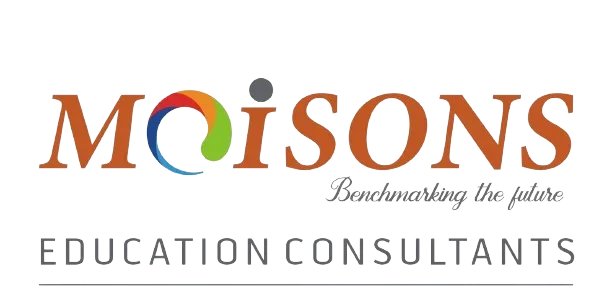
Haileybury International Summer School, located in the beautiful town of Hertford, oDers a transformative experience for students seeking to enhance their English language proficiency over the summer. Unlike conventional language programmes, Haileybury International Summer School stands out with its innovative approach, providing a unique blend of topic and project based lessons, focused activities, and recreational interests. At the heart of its curriculum are topic-based lessons, utilising the method of Content and Language Integrated Learning (CLIL), enabling students to engage in meaningful discussions and activities that not only deepen their understanding of English but also expand their knowledge across various subjects. Furthermore, the school’s emphasis on project-based learning promotes creativity and defines essential communication skills as students collaborate on diverse projects, guided by their individual strengths and interests. Complementing these academic lessons are focus activities designed to cultivate eDective communication and language acquisition. Through a combination of structured lessons and immersive experiences, Haileybury International Summer School oDers a dynamic environment where students not only learn English but also develop
vital skills for success in an increasingly interconnected world.
Alongside its robust academic programme, Haileybury International Summer School prides itself on oDering non-traditional activities, emphasising a holistic development beyond the classroom. Central to this approach are the Focus activities integrated into the curriculum, spanning sports, arts and crafts, baking, singing, and dancing, providing students with avenues to explore their interests and talents whilst learning English. Beyond the school grounds, students can go on study tours, daily excursions, and workshops, including visits to iconic destinations such as Oxford and London, facilitating cultural and experiential learning. Upholding the utmost priority of student well-being, the school maintains a steadfast commitment to pastoral care, ensuring a safe and supportive environment through proactive supervision and guidance. Moreover, the provision of on-site accommodation encourages social integration and cultural exchange among students from diverse backgrounds. Dining facilities, coupled with engaging evening activities, further enhance the sense of community, creating lasting memoriesbeyond the confines of traditional learning spaces. Hertford town includes pretty riverside walks, quaint streets lined with independent shops, and historic landmarks such as Hertford Castle and the Shire Hall. Students will enjoy a friendly community atmosphere full of events, from farmers’ markets to cultural festivals. The town’s proximity to London, with excellent transportation links, provides easy access to the capital’s attractions while allowing for a peaceful retreat from the hustle and bustle.
How To Apply?
Moisons can provide you with exact details of the course, fees, admission process, how to apply and more. Reach out our team at askus@moisons.com

